It’s not everyday that a festival wish backfires on a world leader. But that’s exactly what happened when Pakistan Prime Minister Shehbaz Sharif extended greetings to Hindus in Pakistan on the occasion of Diwali, reiterating his commitment to ensure peace in the country.
On Monday, on the auspicious occasion of Diwali, world leaders — ranging from UK’s Keir Starmer to Australia’s Anthony Albanese — extended their greetings for the festival. Even the Pakistani prime minister posted a message on social media extending greetings on Diwali, saying the festival symbolises light over darkness and good over evil.
However, Sharif’s Diwali greeting drew sharp reactions online, with many netizens accusing him of hypocrisy and questioning the treatment of minorities in the country.
Here’s what happened.
Shehbaz Sharif’s Diwali celebrations
On Monday, Shehbaz Sharif extended greetings to the Hindu community in Pakistan to mark the festival of Diwali, the ‘Festival of Lights’.
In a message on X, he wrote, “On the auspicious occasion of Diwali, I extend my heartfelt greetings to our Hindu community in Pakistan and around the world. As homes and hearts are illuminated with the light of Diwali, may this festival dispel darkness, foster harmony, and guide us all toward a future of peace, compassion, and shared prosperity.”
On the auspicious occasion of Diwali, I extend my heartfelt greetings to our Hindu community in Pakistan and around the world.
— Shehbaz Sharif (@CMShehbaz) October 20, 2025
As homes and hearts are illuminated with the light of Diwali, may this festival dispel darkness, foster harmony, and guide us all toward a future of…
Moreover, at a special celebration held at the PM’s house, Sharif said the festival carried “a beautiful message of happiness, peace and tolerance,” and reflected Pakistan’s commitment to interfaith harmony and inclusion.
He also emphasised that Pakistan’s constitution guarantees full religious freedom to all citizens, adding that the country’s majority has “always strongly condemned” any injustices committed against minorities. “Muslim and non-Muslim Pakistanis stand shoulder to shoulder in defending the country,” he said, adding that members of minority communities have rendered valuable services in education, health, and other fields.
Sharif’s Diwali greeting ripped online
However, it seems not everyone was happy with Sharif’s Diwali greeting. Soon after he posted the message on the social media platform, many netizens criticised the Pakistani PM, calling him out for being a hypocrite.
Aditya Raj Kaul, a journalist with NDTV wrote on X, “After killing Hindus in Pahalgam, wishing Hindus on Diwali. Shameless Pakistan. They have systematically killed and converted Hindus, Christian and Sikh community in Pakistan. And Ahmediyas are discriminated and killed every week. Most third class terror country in the world.”
Popular influencer Rishi Bagree also reacted to Sharif’s message, writing: “Only 10-12 Hindus are left in Pakistan… You could have DM them directly.”
Another user by the name of @TrueBharat wrote, “From Pahalgam to Karachi, Pakistan’s record speaks louder than its “festive tweets”, systematic persecution of Hindus, Christians, Sikhs, and Ahmadis. You can’t whitewash genocide with Diwali greetings.”
“Is the emphasis on celebrating Diwali truly about fostering unity, or is it just a surface-level gesture in a society still grappling with deep-rooted divides,” yet another responded to Sharif’s message.
“You should have called them instead of posting on social media - would have taken you a couple of minutes to call all the Hindus left in Pakistan,” was another response by a social media user.
The persecution of Hindus in Pakistan
The angst against Sharif’s Diwali greeting stems from the poor treatment of Hindus in Pakistan and the persecution they face in the country.
Of the total 240,458,089 people in Pakistan in 2023, only 3.8 million are Hindus with data revealing that they make up 1.63 per cent of the Pakistani population. But this has not always been the case.
In ancient times, Pakistan was home to a thriving population of Hindus dating back to the Indus Valley Civilisation more than 3,000 years ago. Its two large cities, Harappa and Mohenjo-daro, were located in present-day Pakistan’s Punjab and Sindh provinces, respectively.
Post-Partition, the number of Hindus declined from 15 per cent to approximately two per cent. There has been an even greater decline in major cities with historically large Hindu populations. In Lahore, for instance, the Hindu/Sikh community was approximately 40 per cent of the population in 1941. But today, makes up little more than one per cent.
This decline in Hindu numbers in Pakistan is owing to a large number of reasons, the foremost being the sustained legal and social discrimination that they face in the country. On the legal front, only Muslims are eligible for the position of president or prime minister of Pakistan. Moreover, blasphemy laws carry the death sentence and have been used to target non-Muslims in Pakistan.
Also, family laws don’t exist for non-Muslims. Hence, marriages can not be legally established for purpose of travel, and divorce and property right disputes can’t be resolved. There are thousands of Hindu women who are abducted and converted to Islam annually.
Hindus and other minorities also routinely face social and economic persecution in Pakistan. Lower-caste Pakistani Hindus are often the victims of bonded labour. Despite it being outlawed in 1992, the practice is still prevalent with the Global Slavery Index estimating in 2020 that over three million Pakistanis live in debt servitude, reported the New York Times.
Many activists note that landlords trap poor Hindus into such bondage by providing loans that they know can never be repaid. They and their families are then forced to work off the debt. The women are often sexually abused.
And the plight of Hindus in Pakistan doesn’t end here. Even Hindu temples have been reduced to rubble. Today, Pakistan has less than 300 Hindu temples remaining of which even a smaller number function. Thousands of temples have been destroyed since Partition, with one of the holiest sites of the Hindus, the Hinglaj Mata Mandir been targeted by extremists.
In July 2023, even the Mari Mata temple, which is believed to be built nearly 150 years ago, in Karachi’s Soldier Bazar was razed after it was declared an old and dangerous structure.
According to numbers available with the Indian government, there were 241 cases of violence reported against Hindus in Pakistan in 2022, decreasing to 103 in 2023 but slightly increasing to 112 in 2024 (as of October).
Asim Munir’s Hindu remarks
It also seems that Sharif’s remarks on Hindus isn’t in sync with his army chief’s opinions. Days before the Pahalgam terror attack in Jammu and Kashmir back in April, the Pakistan army chief Field Marshal Asim Munir called upon the people of his country to tell their children that they shouldn’t forget they are “different from Hindus”.
“You have to tell Pakistan’s story to your children so that they don’t forget that our forefathers thought we were different from Hindus in every possible aspect of life,” he said, evoking the two-nation theory.
“Our religions are different, our customs are different, our traditions are different, our thoughts are different, our ambitions are different. That was the foundation of the two-nation theory that was laid there. We are two nations, we are not one nation,” news agency PTI quoted him as saying.
With inputs from agencies


)

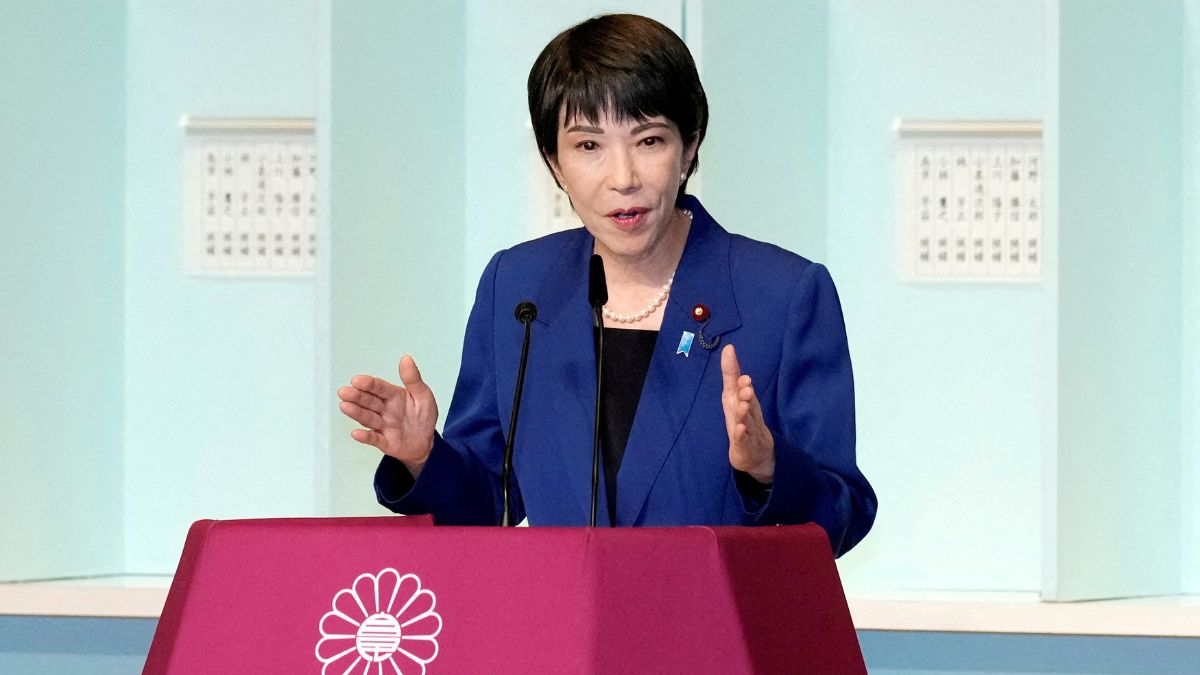)
)
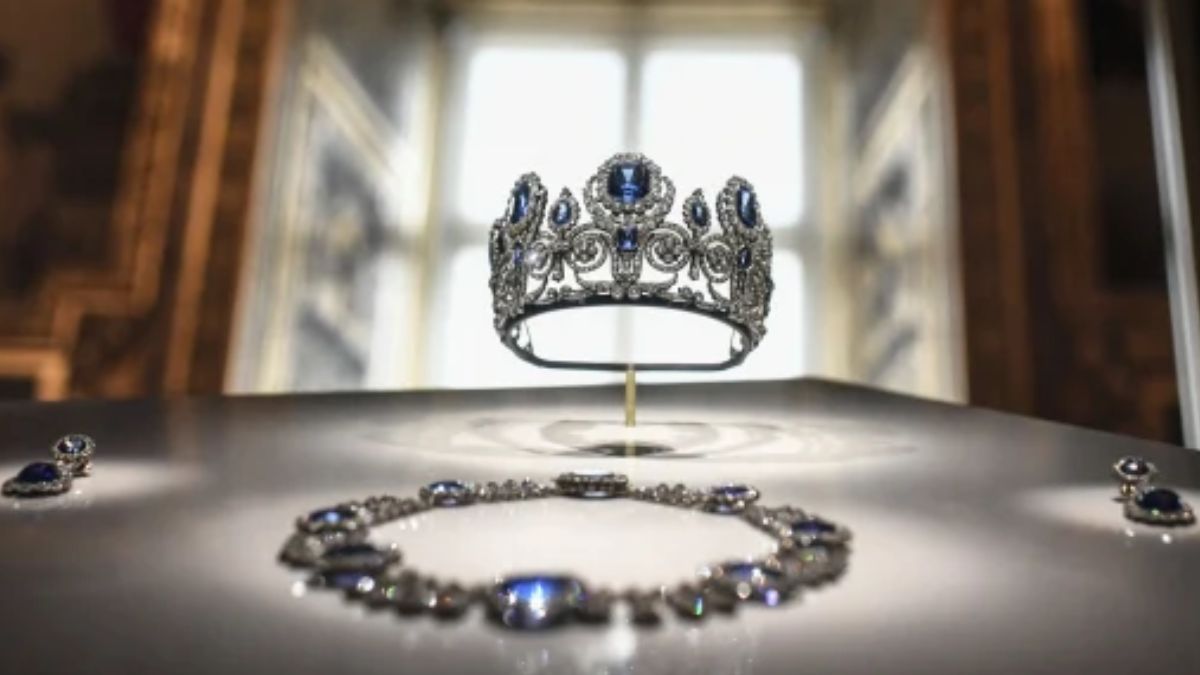)
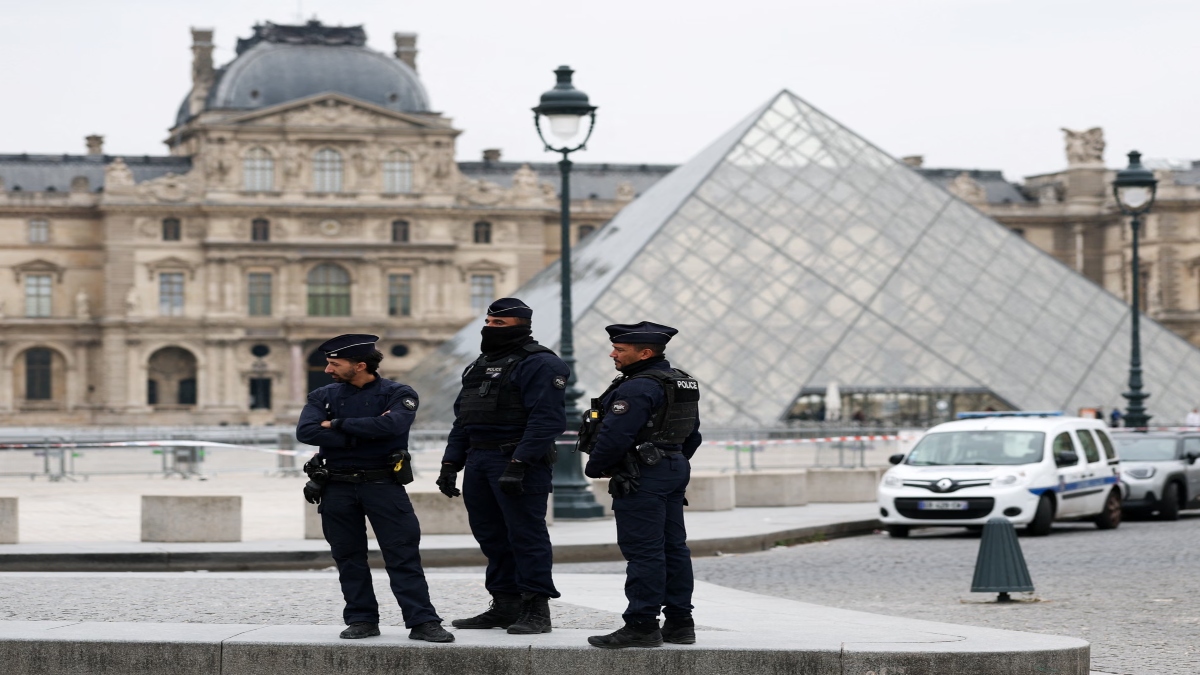)
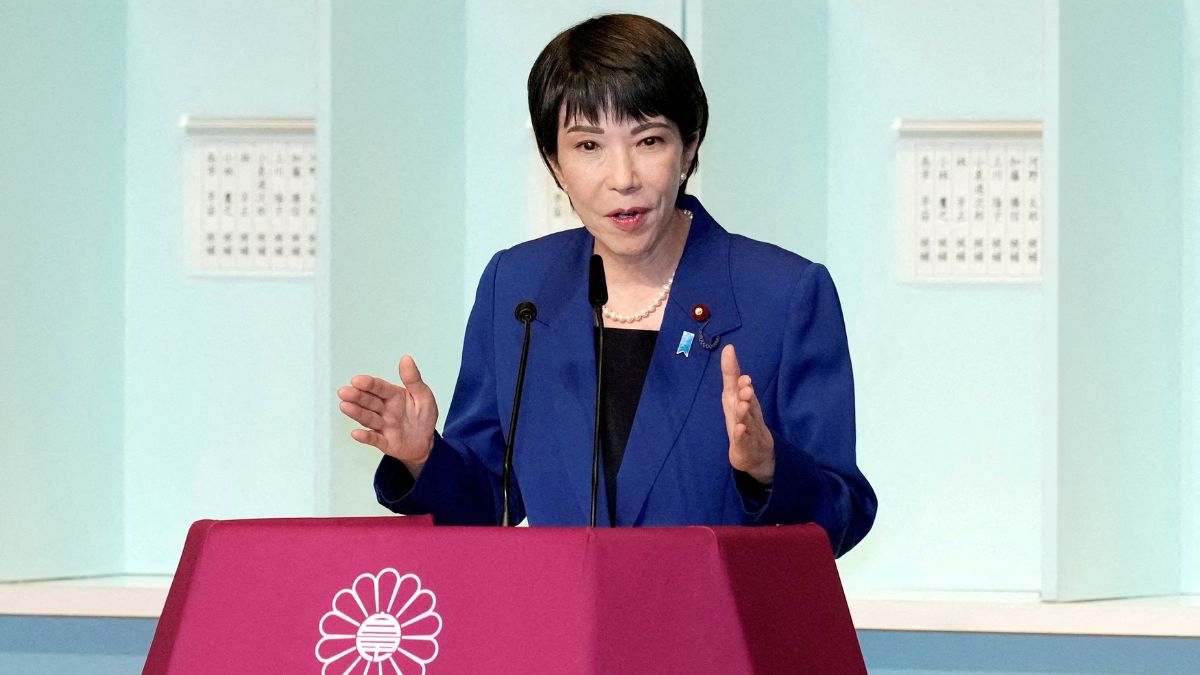)
)
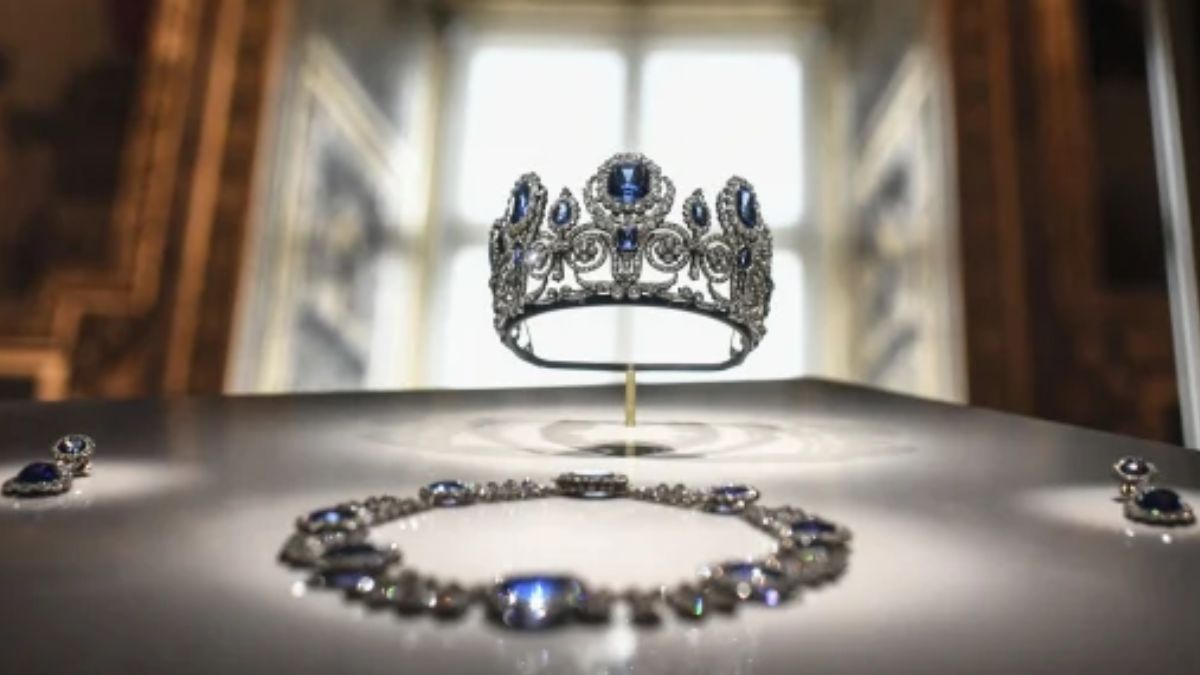)
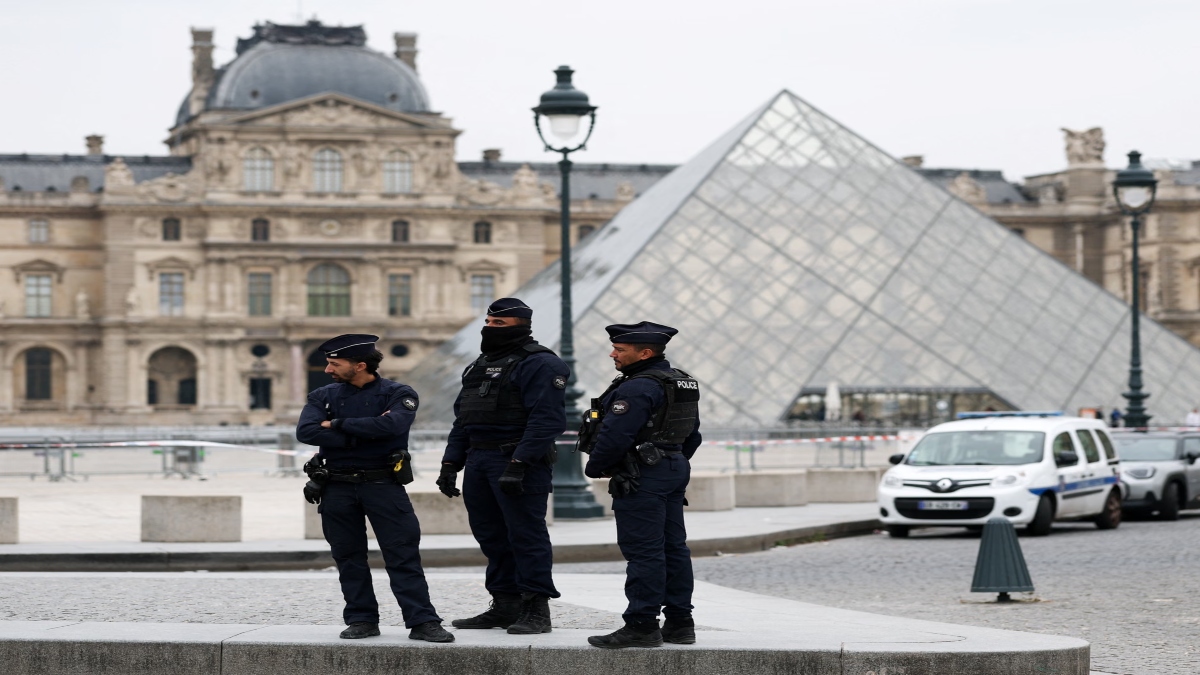)



